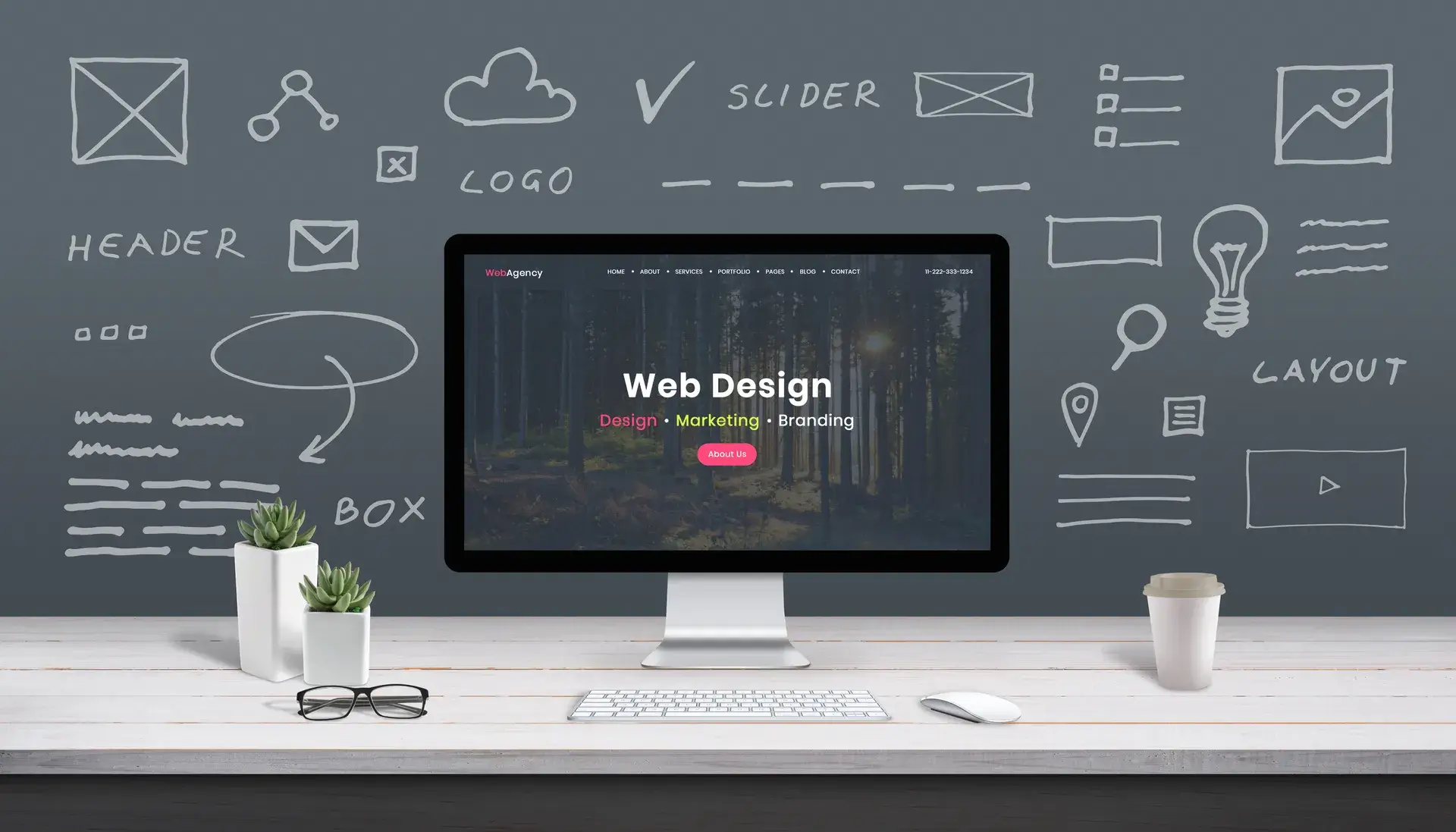Creating an effective website design is crucial for digital marketing agencies aiming to attract clients and showcase their services. A well-designed website serves as a powerful tool for lead generation and demonstrates professionalism. In this article, we will explore essential elements and best practices for designing a website tailored specifically for digital marketing agencies.
Why Website Design Matters for Digital Marketing Agencies
Your website is often the first point of contact potential clients have with your agency. An engaging, user-friendly design can create a positive first impression and encourage visitors to explore your services further. Here are a few reasons why proper website design is essential:
- Builds Trust: A professionally designed website conveys credibility and reinforces your brand identity.
- Encourages Engagement: Well-structured layouts and clear navigation enhance user experience, leading to higher engagement rates.
- Increases Conversion Rates: An optimized design can guide visitors towards taking action, such as filling out a form or contacting your agency.
Key Elements of Website Design for Digital Marketing Agencies
To effectively showcase your services and convert visitors into clients, consider incorporating the following elements into your website design:
1. Clear Branding
Your branding should be consistent across your website. Use your agency's logo, color scheme, and typography to create a cohesive look that represents your agency’s personality.
2. User-Friendly Navigation
Organize your website's content into intuitive categories. A well-structured navigation menu makes it easier for visitors to find information quickly, reducing bounce rates.
3. Compelling Call-to-Actions (CTAs)
Strategically place CTAs throughout your website to guide visitors toward actions like requesting a quote or signing up for a newsletter. Use action-oriented language and design to make them stand out.
4. Service Pages
Dedicate individual pages to each of your services, providing detailed descriptions and showcasing case studies or testimonials. This not only boosts SEO but gives potential clients a clear understanding of what you offer.
5. Responsive Design
Ensuring your website is mobile-friendly is crucial, as many users access websites on their smartphones. A responsive design will adapt to various screen sizes, improving user experience across devices.
Best Practices for Optimizing Your Website Design
To maximize the effectiveness of your website, consider these best practices:
- Optimize Load Times: Fast loading times are essential for reducing bounce rates. Optimize images, leverage browser caching, and minimize HTTP requests.
- Incorporate SEO Best Practices: Use relevant keywords, optimize meta tags, and include alt text for images to enhance your site’s visibility on search engines.
- Use Analytics: Install tools like Google Analytics to track user behavior on your site. This data can guide improvements and help you refine your digital marketing strategies.
- Regularly Update Content: Keep your website fresh with regular updates to content and design. This not only helps with SEO but also shows visitors that your agency is active and engaged.
Conclusion
Investing in effective website design is vital for digital marketing agencies looking to stand out in a competitive landscape. By focusing on branding, user experience, and optimization, you can create a website that attracts, engages, and converts potential clients. At Prebo Digital, we specialize in web design tailored for digital marketing agencies. If you’re ready to enhance your agency's online presence, contact us today for a consultation!














